Search equation
Please enter the reactant or product to start the search
10HNO3 + Fe3O4 → 5H2O + NO2 + 3Fe(NO3)3 | , Phản ứng oxi-hoá khử
HNO3 | nitric acid | solid + Fe3O4 | iron(ii,iii) oxide | solid = H2O | water | solid + NO2 | nitrogen dioxide | solid + Fe(NO3)3 | iron(iii) nitrate | solid | Temperature: temperature, Other Condition excess chlorine
Introduce
Detailed information about the equation
Reaction conditions when applied HNO3 + Fe3O4
- Catalyst: not available
- Temperature: temperature
- Pressure: normal
- Other conditions: not available
Reaction process HNO3 + Fe3O4
Process: Iron(II,III) oxide reacts with HNO3
Note: not available
The result of the reaction HNO3 + Fe3O4
The phenomenon: Brown solid of Fe3O4 dissolves gradually and brown and red NO2 gas is created
Detailed information on the reactants
Information about HNO3 (nitric acid)
Information about Fe3O4 (iron(ii,iii) oxide)
Detailed information about the products of the reaction
Information about H2O (water)
Information about NO2 (nitrogen dioxide)
Information about Fe(NO3)3 (iron(iii) nitrate)
Total rating:
Rating: / 5 star
The equations for preparation HNO3
Catalyst
normal
Temperature
normal
Pressure
normal
Other conditions
normal
Catalyst
normal
Temperature
normal
Pressure
normal
Other conditions
normal
Catalyst
normal
Temperature
normal
Pressure
normal
Other conditions
normal
The equations for preparation Fe3O4
Catalyst
normal
Temperature
< 570
Pressure
normal
Other conditions
normal
Catalyst
normal
Temperature
temperature
Pressure
normal
Other conditions
normal
Catalyst
normal
Temperature
temperature
Pressure
normal
Other conditions
normal
Interesting facts about chemistry you may not know
Interesting facts about hydrogen - the lightest element in the periodic table.
Hydrogen is the first element in the periodic system table. Hydrogen is known to be the lightest of all, the most abundant in the Universe, the essential element for life
View moreInteresting facts about helium
Helium is the first rare gas element in the periodic system table. In the Universe, it ranks second in abundance after elemental hydrogen.
View moreInteresting facts about lithium
Lithium is the alkali metal element, located in the third cell in the periodic table system. Lithium is the lightest of all solid metals and can cut a knife.
View moreInteresting Facts About Beryllium
Beryllium is the lightest alkaline earth metal. Beryllium is found in precious stones such as emeralds and aquamarine. Beryllium and its compounds are both carcinogenic.
View moreInteresting Facts About Carbon
Carbon is the non-metallic element in the sixth cell in the periodic system table. Carbon is one of the most important elements in all life, it is also known as the back.
View more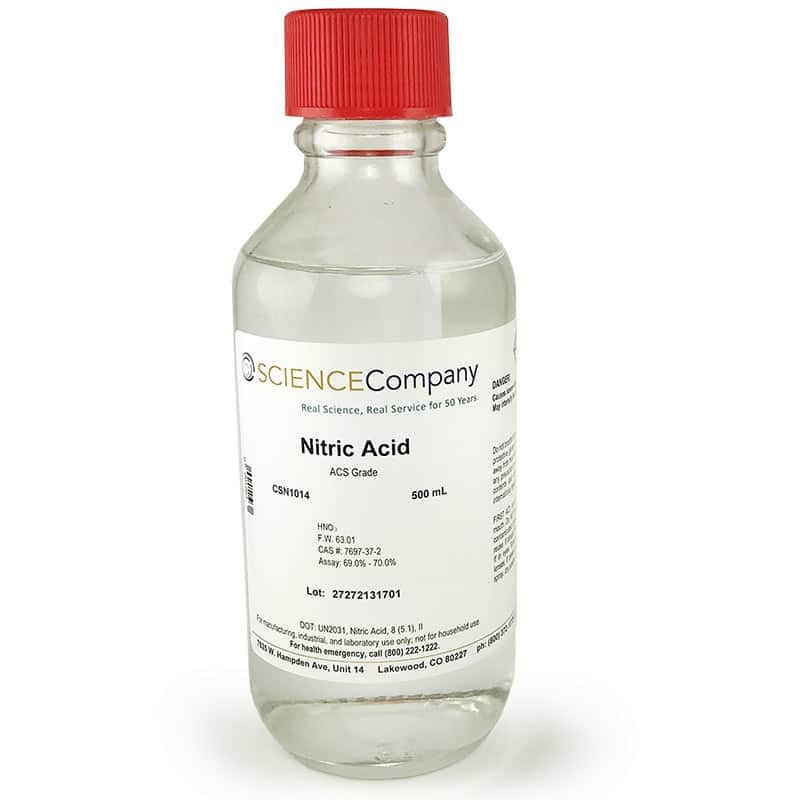

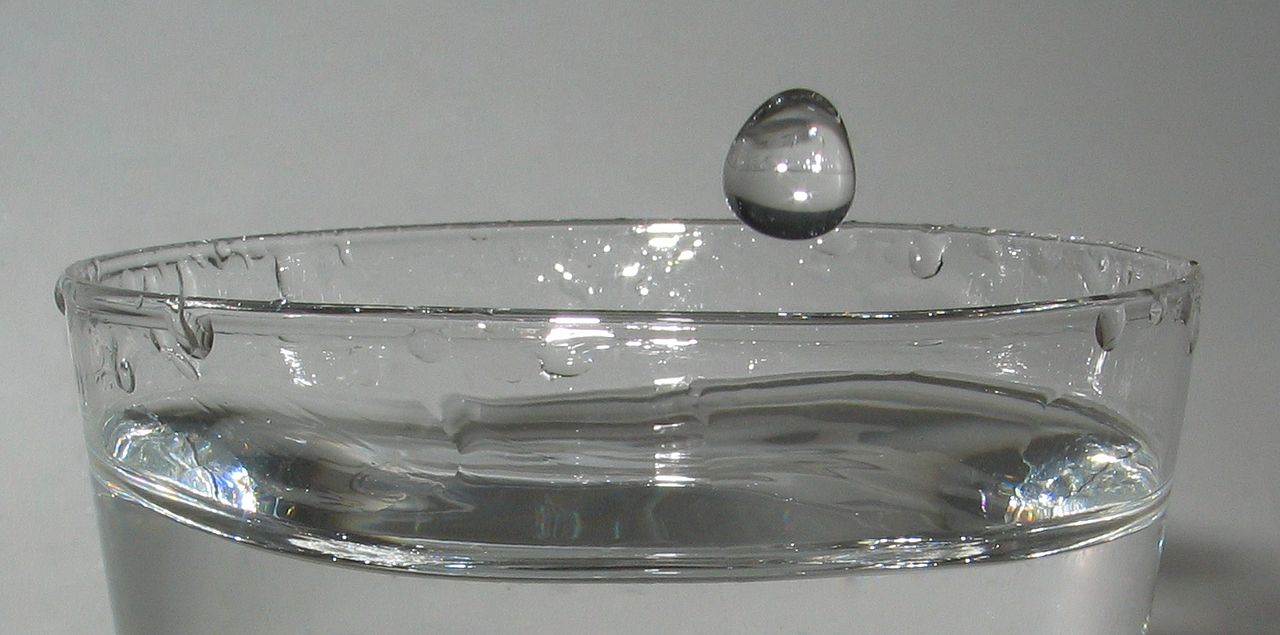
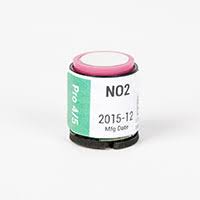

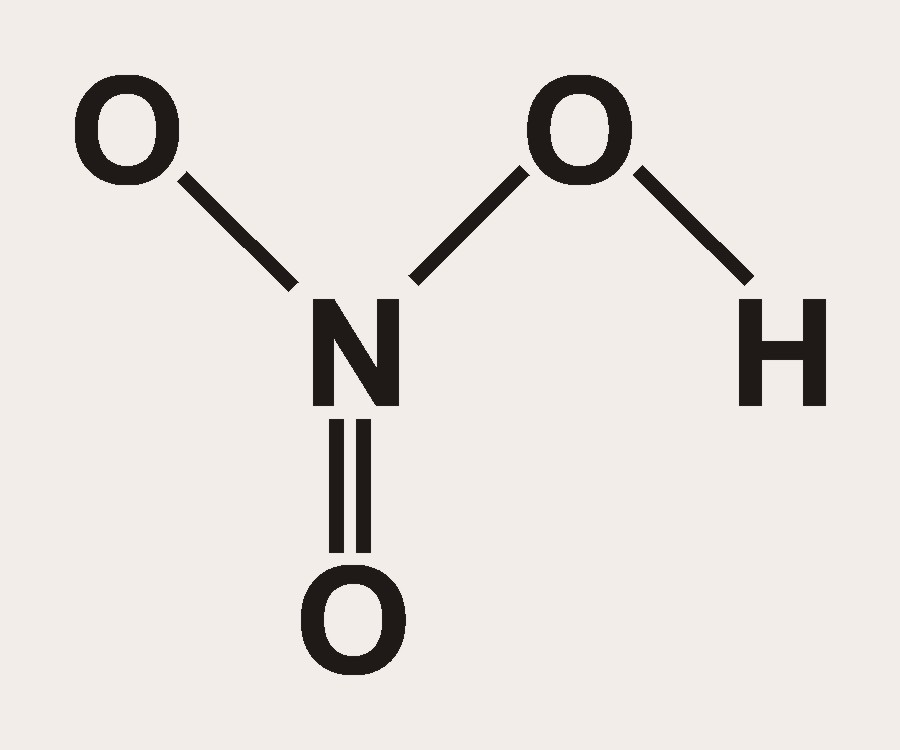
.jpg)
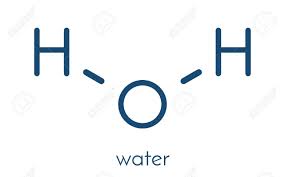
.png)